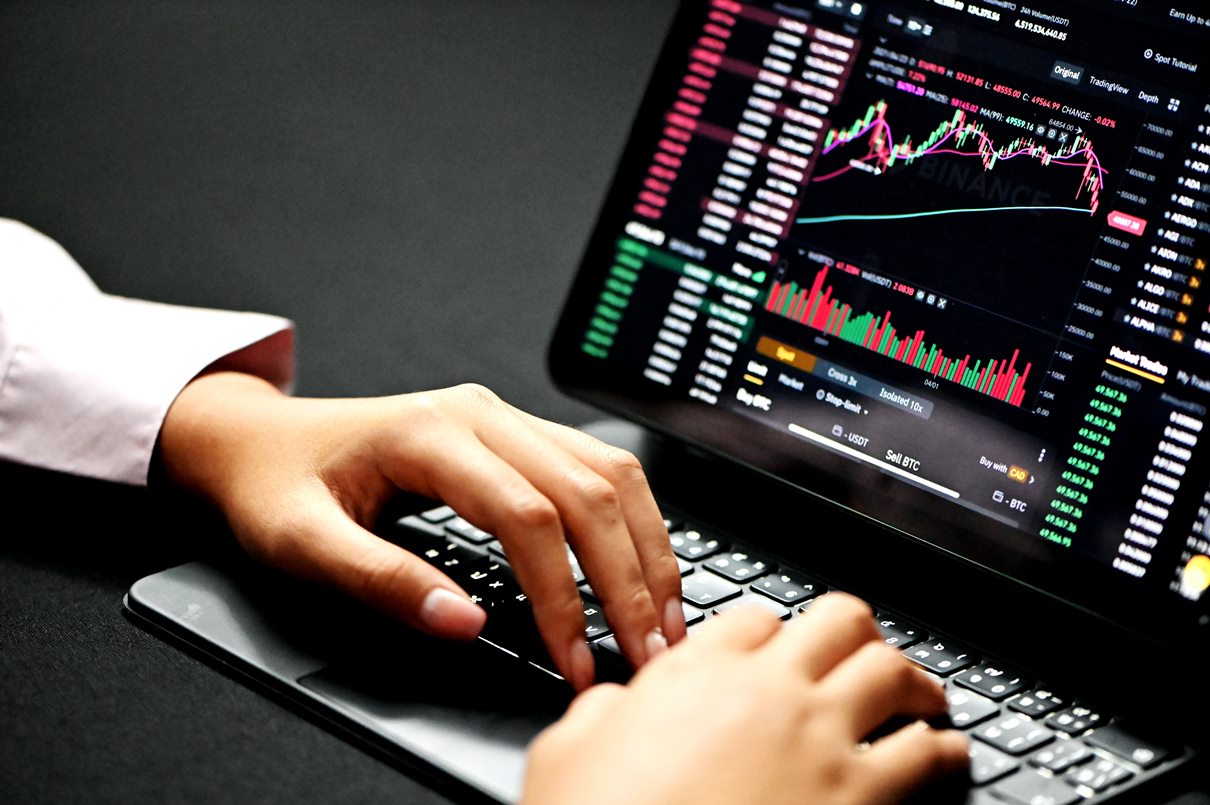Are you interested in forex trading and wondering what a forex broker is? Look no further, because in this article, we’ll cover everything you need to know about forex brokers.
First, let’s define what a forex broker is. A forex broker is a financial services company that provides traders with access to the foreign exchange market, also known as forex or FX. Forex brokers act as intermediaries between traders and the interbank market, where the exchange of currencies takes place.
Forex brokers have been around since the 1990s, and their role has become increasingly important with the rise of online trading. They provide traders with trading platforms, analytical tools, educational resources, and customer support to help them make informed trading decisions.
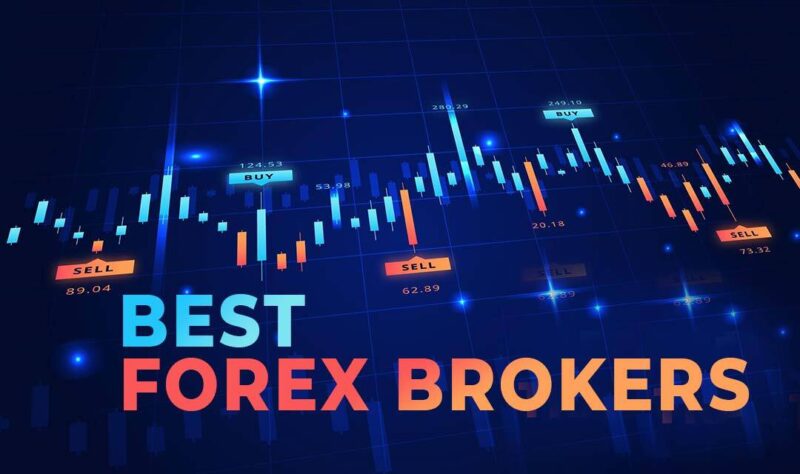
Chapter 1: What are Forex Brokers?
In this section, we’ll take a closer look at what forex brokers are and the different types of brokers that exist.
Definition of Forex Brokers
As we mentioned earlier, forex brokers are companies that provide traders with access to the foreign exchange market. They allow traders to buy and sell currencies, speculate on currency movements, and use leverage to increase their trading power.
Different Types of Forex Brokers
There are three main types of forex brokers:
- Market Makers: These are forex brokers that create a market for their clients by quoting both a buy and sell price for a currency pair. They make money from the spread between the bid and ask price, as well as from taking the opposite side of their clients’ trades.
- Electronic Communications Networks (ECNs): These are forex brokers that provide their clients with direct access to the interbank market. They match buyers and sellers without taking a position in the market and charge a commission for their services.
- Straight-Through Processing (STP) Brokers: These are forex brokers that use a hybrid model of market making and ECN. They offer their clients direct access to the interbank market, but also have their own liquidity providers to ensure that clients’ trades are executed quickly and at the best possible price.
How Forex Brokers Make Money
Forex brokers make money from the spread between the bid and ask price, as well as from commissions and fees. They may also make money by taking the opposite side of their clients’ trades, although this practice is becoming less common due to increased regulation.
Chapter 2: How to Choose a Forex Broker
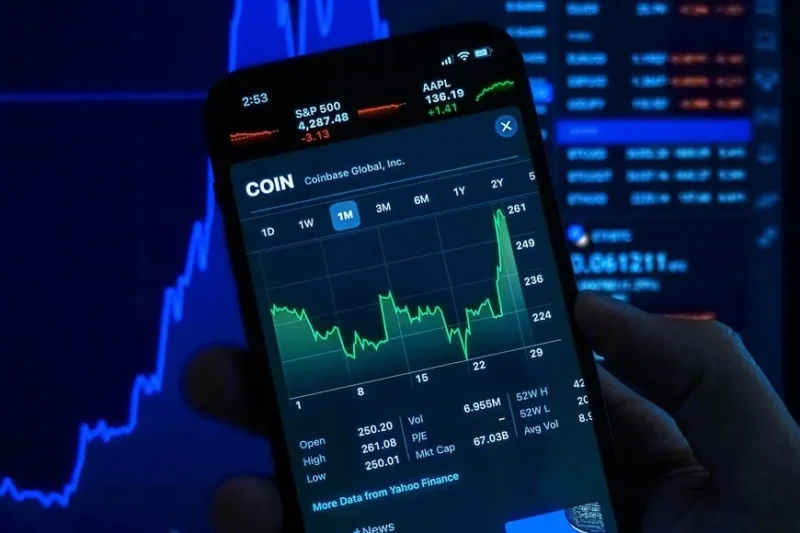
Choosing the right forex broker is crucial for your success as a trader. In this section, we’ll discuss the factors you should consider when choosing a forex broker.
Factors to Consider When Choosing a Forex Broker
- Regulation and Licensing: Ensure that the forex broker you choose is regulated and licensed by a reputable financial authority, such as the Financial Conduct Authority (FCA) or the National Futures Association (NFA). This will ensure that your funds are protected and that the broker operates in accordance with strict regulatory standards.
- Trading Platforms Offered: Check what trading platforms the forex broker offers and whether they are user-friendly and reliable. Popular platforms include MetaTrader 4 and 5, cTrader, and TradingView.
- Customer Service: Look for a forex broker that provides excellent customer service, including 24/7 support via phone, email, and live chat. Test their customer service by asking them questions and assessing their response time and helpfulness.
- Fees and Commissions: Compare the fees and commissions charged by different forex brokers and choose one that offers competitive rates. Look out for hidden fees, such as deposit and withdrawal fees.
- Account Types: Check the account types offered by the forex broker and choose one that suits your trading needs. For example, if you’re a beginner, a demo account or a mini account with a low minimum deposit may be a good option.
- Educational Resources: Look for a forex broker that provides educational resources, such as trading guides, webinars, and market analysis. This will help you improve your trading skills and make better trading decisions.
Chapter 3: How to Open an Account with a Forex Broker
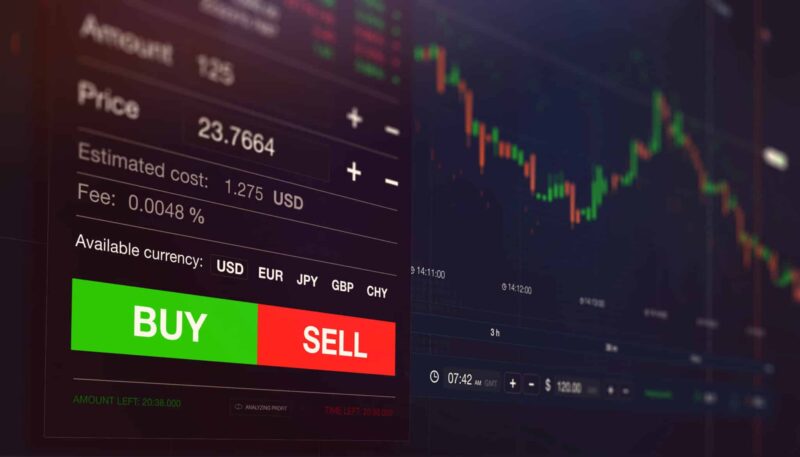
In this section, we’ll provide you with a step-by-step guide on how to open a forex trading account with a broker.
Step-by-Step Guide to Opening a Forex Trading Account
- Choose a forex broker that meets your trading needs and is regulated and licensed by a reputable financial authority.
- Visit the forex broker’s website and click on the ‘Open Account’ or ‘Register’ button.
- Fill in the registration form with your personal information, such as your name, address, and email address.
- Verify your identity by providing a copy of your passport or ID and a proof of address, such as a utility bill.
- Choose the account type that best suits your trading needs, such as a demo account or a live account.
- Read and accept the terms and conditions of the forex broker.
- Fund your trading account by depositing money via bank transfer, credit card, or other payment methods offered by the broker.
Required Documentation and Verification Processes
Forex brokers are required to verify their clients’ identities to prevent fraud and money laundering. You’ll be asked to provide a copy of your passport or ID and a proof of address, such as a utility bill, during the account opening process.
Demo Accounts and Their Importance
Demo accounts are a great way to practice trading without risking any real money. Most forex brokers offer demo accounts, which allow you to trade with virtual funds and get a feel for the broker’s trading platform and features.
Funding Your Account
Forex brokers offer various payment methods for funding your trading account, such as bank transfer, credit card, and e-wallets. Choose a payment method that is convenient for you and check for any fees or processing times.
Chapter 4: Trading with a Forex Broker
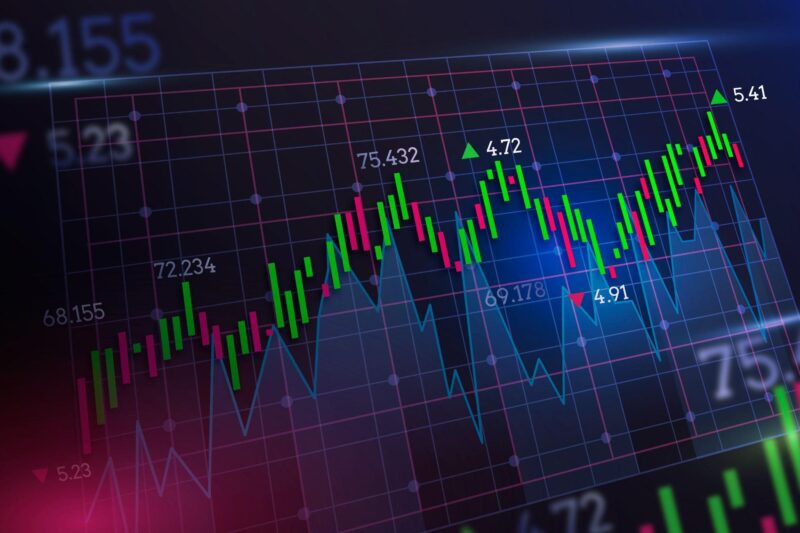
In this section, we’ll dive into the world of forex trading and discuss the different aspects of trading with a forex broker.
Understanding Currency Pairs and Their Fluctuations
Forex trading involves buying and selling currency pairs, such as EUR/USD or USD/JPY. The value of currency pairs fluctuates due to various factors, such as economic news, political events, and market sentiment.
Different Trading Strategies
There are various trading strategies you can use when trading forex, such as:
- Scalping: A strategy that involves making numerous small trades to take advantage of small price movements.
- Day Trading: A strategy that involves opening and closing trades within a single trading day.
- Swing Trading: A strategy that involves holding trades for several days to take advantage of medium-term price movements.
- Position Trading: A strategy that involves holding trades for weeks or even months to take advantage of long-term price movements.
Order Types
Forex brokers offer various order types that allow you to enter and exit trades at specific prices, such as:
- Market Orders: An order to buy or sell at the current market price.
- Limit Orders: An order to buy or sell at a specific price or better.
- Stop Orders: An order to buy or sell at a specific price or worse.
- Trailing Stop Orders: A stop order that follows the price movement of an asset and adjusts the stop price accordingly.
Margin and Leverage
Forex trading involves using leverage, which allows you to trade with more money than you have in your account. Leverage amplifies your potential profits, but also increases your potential losses. Margin is the amount of money you need to maintain in your account to keep your positions open.
Trading Tools and Resources Provided by Brokers
Forex brokers provide traders with various trading tools and resources to help them make informed trading decisions. These may include:
- Charts and Technical Analysis Tools
- Economic Calendars
- Trading Signals
- Market News and Analysis
Chapter 5: Risks Associated with Forex Trading
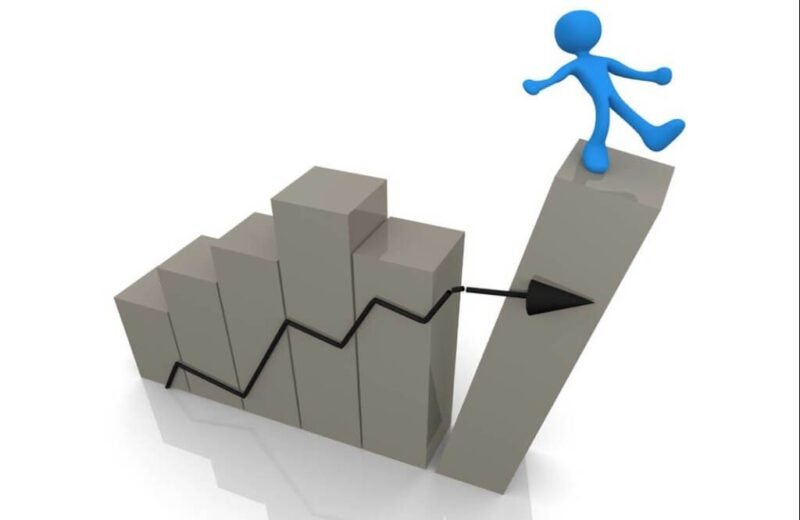
Forex trading involves risks, and it’s important to understand these risks before you start trading. In this section, we’ll discuss the risks associated with forex trading and how to manage them.
Understanding the Risks Associated with Forex Trading
Forex trading involves a high level of risk due to the volatility of currency pairs and the use of leverage. You can lose more than your initial investment, and you should only trade with money that you can afford to lose. Other risks associated with forex trading include:
- Market Risk: The risk that the value of your trades will decrease due to market movements.
- Liquidity Risk: The risk that you won’t be able to buy or sell a currency pair at the desired price due to a lack of market liquidity.
- Operational Risk: The risk of losses due to technical issues or human error.
- Counterparty Risk: The risk that the forex broker or counterparty you’re trading with may default on their obligations.
Importance of Risk Management
To manage the risks associated with forex trading, you should develop a risk management strategy that includes:
- Setting Stop Losses: A stop loss is an order to close a trade at a specific price to limit your potential losses.
- Using Proper Position Sizing: Position sizing refers to the amount of money you risk on each trade, and it should be based on your account balance and risk tolerance.
- Diversifying Your Portfolio: Diversification involves trading multiple currency pairs to spread your risk.
Protecting Your Account from Fraud and Scams
Forex trading is also susceptible to fraud and scams, such as fake forex brokers and signal providers. To protect your account from fraud and scams, you should:
- Choose a regulated and licensed forex broker.
- Avoid forex brokers that promise high returns or no risk.
- Do your own research and verify the legitimacy of forex brokers and signal providers.
Chapter 6: Evaluating Your Performance with a Forex Broker

Evaluating your performance is essential to improving your trading skills and making better trading decisions. In this section, we’ll discuss how to evaluate your performance with a forex broker.
Keeping Track of Your Trades
Keeping track of your trades is essential to evaluating your performance. You should record the following information for each trade:
- Entry and Exit Price
- Stop Loss and Take Profit Levels
- Trade Duration
- Profit or Loss
Evaluating Your Performance and Making Adjustments
Once you’ve recorded your trades, you can evaluate your performance and make adjustments to your trading strategy. You should analyze the following metrics:
- Win Rate: The percentage of profitable trades.
- Risk-to-Reward Ratio: The ratio of the potential reward to the potential risk.
- Average Profit and Loss: The average profit and loss per trade.
Based on your analysis, you can make adjustments to your trading strategy, such as:
- Changing your entry and exit criteria.
- Adjusting your stop loss and take profit levels.
- Changing your position sizing or risk management strategy.
Using Analytical Tools to Improve Your Trading
Forex brokers provide traders with various analytical tools and resources to help them evaluate their performance and improve their trading skills. These may include:
- Trading Journals
- Performance Reports
- Trading Calculators
- Backtesting Tools
Chapter 7: Choosing a Forex Broker: Tips and Best Practices
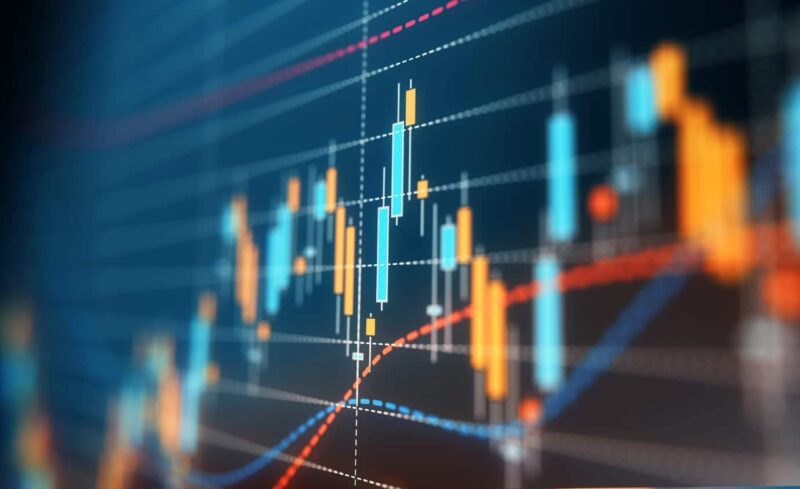
In this section, we’ll provide you with tips and best practices for choosing and trading with a forex broker.
Common Mistakes to Avoid When Choosing a Forex Broker
To avoid common mistakes when choosing a forex broker, you should:
- Not choose a forex broker solely based on low fees or commissions.
- Not choose a forex broker that is not regulated or licensed.
- Not trade with a forex broker that has a poor reputation or history of fraud.
Tips for Successful Trading with a Forex Broker
To succeed as a forex trader, you should:
- Develop a trading plan and stick to it.
- Manage your risk and use proper position sizing.
- Keep up to date with market news and analysis.
- Use technical analysis and trading tools to make informed trading decisions.
- Keep a trading journal to evaluate your performance and make adjustments.
Best Practices for Managing Your Forex Trading Account
To manage your forex trading account effectively, you should:
- Keep your emotions in check and avoid overtrading.
- Use stop losses and take profits to limit your losses and lock in profits.
- Keep a close eye on your account balance and margin levels.
- Monitor your trades and adjust your strategy as needed.
- Take breaks and avoid trading when you’re tired or distracted.
Conclusion
In this article, we covered everything you need to know about forex brokers, from what they are and how they make money to how to choose the right broker for your trading needs and manage your account effectively.
We discussed the different types of forex brokers, the factors to consider when choosing a broker, and how to open a forex trading account. We also covered the risks associated with forex trading and how to manage them, as well as tips and best practices for successful trading with a forex broker.
We hope that this article has provided you with valuable insights into the world of forex brokers and trading. Remember to always do your own research and choose a reputable and regulated forex broker to ensure the safety of your funds and the quality of your trading experience.

